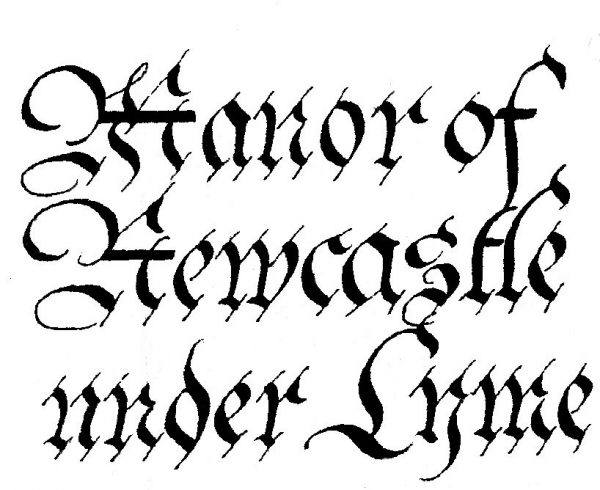1660 – 1685 Charles II (Monarchy Restored) sixteen x A4 pages of Latin transcribed into English.


£12.00
man 22 1660 – 1685 Charles II (Monarchy Restored)
1660 – 1685 Charles II (Monarchy Restored) sixteen x A4 pages of Latin transcribed into English.
Related products
man 11 1483 – 1485 Richard III
£1.00Court record 1483-1485 Richard lll one page from original roll in Latin
man 14 1547- 1553 Edward VI
£2.00Court Record 1547 – 1553 Edward Vl three x A4 pages transcribed from Latin to English
man 10 1461 – 1483 Edward IV
£2.00court record 1461-1483 Edward lV six pages A4 transcrived from original Latin
man 0 How to understand the manor courts and how they operated with dates etc.
£3.00The use of manorial court records which most of them dealt with the transfer of messuages from one person or another. They provide a unique record of events, transactions, valuations, and surveys for a period extending over five-hundred years. The study over the centuries of these records stored in the National Archives has been limited to a few isolated quotations found within the Historical Collections of Staffordshire in addition to those found in Thomas Papes’ history of Medieval Newcastle-under-Lyme and John Ward’s history of Stoke-on-Trent.
From the outset for those readers who are not familiar with the term Manorial Court, its functions and responsibilities it is necessary to first refer to its function as not to confuse any reader with the functions of a Crown or Magistrates court. I know that even some local amateur historians have failed to grasp the basic difference and as ‘fools rush in’ they have gone into print only to prove just how little they know or understand of the subject.
The manor court was the lowest court of law in England, feudal law and governed those areas over which the lord of the manor had jurisdiction; it applied only to those who resided in or held lands within the manor. The manor of Newcastle-under-Lyme in which the Township of Penkhull stood was as such. The court was to meet every three weeks throughout the year, although meetings could be more irregular than this. This was the court baron or manorial court, which all copy holders, a term used to prove they had a copy of the original court records that recorded the transaction known as surrender and admittance. Within Penkhull, those were the current owners of the original seventeen ancient messuages listed at the time of Domesday. These courts dealt with copyhold land transfers, managing the open fields, settling disputes between individuals and manorial offences. There was, in addition, a twice-yearly court leet, held after Michaelmas and after Easter, which all residents of the manor were obliged to attend. Business included a view of frankpledge, at which all men over the age of twelve were bound to appear and make their “pledge” to keep the king’s peace. A suit roll was kept for the homage sworn by tenants; if they were absent, a fine would be imposed. In addition, the court leet dealt with the election and swearing of the jury, election of constables and the presentment of offences, including those relating to matters of Crown jurisdiction franchised to the manorial lord (e.g., brewing and baking for sale). However, there was often an overlap in the type of business conducted in the court baron and court leet. In a large manor, the steward would summon the court by instructing manorial officers to fix a notice to the church door or have it read out in church. While in theory all men over 12 attended each court, it is likely that in practice only the manorial officers, offenders, jurymen, witnesses, litigants and pledges and those involved in land transfers came to the court.
Although the manor court was the lord’s court, and everything was done in his name, it was usually presided over by his steward, who was appointed by the lord, or the steward’s deputy. For those of Newcastle it was almost on every occasion the steward’s deputy. In addition to the steward, there were other officers of the court.
Before attempting to read any of the records it’s important that you first read this document containing five pages so there is a lot to understand. Once you have read and then apply this to one entry you will then understand how they worked.
Remember this are all my copyright. It has taken over twenty years to acquire this massive archive a little at a time because of the costs charged by the National Archives. In addition, all those prior to 1701 were in Latin so I have to have them transcribed at a further cost. I would not attempt to add up what it has cost me over two decades also with travel to the National Archives and pay for accommodation many times.
man 12 1485 – 1509 Henry VII
£1.00Court reord 1485 – 1509 Henry Vll one page A4 transcribed from Latin


Reviews
There are no reviews yet.